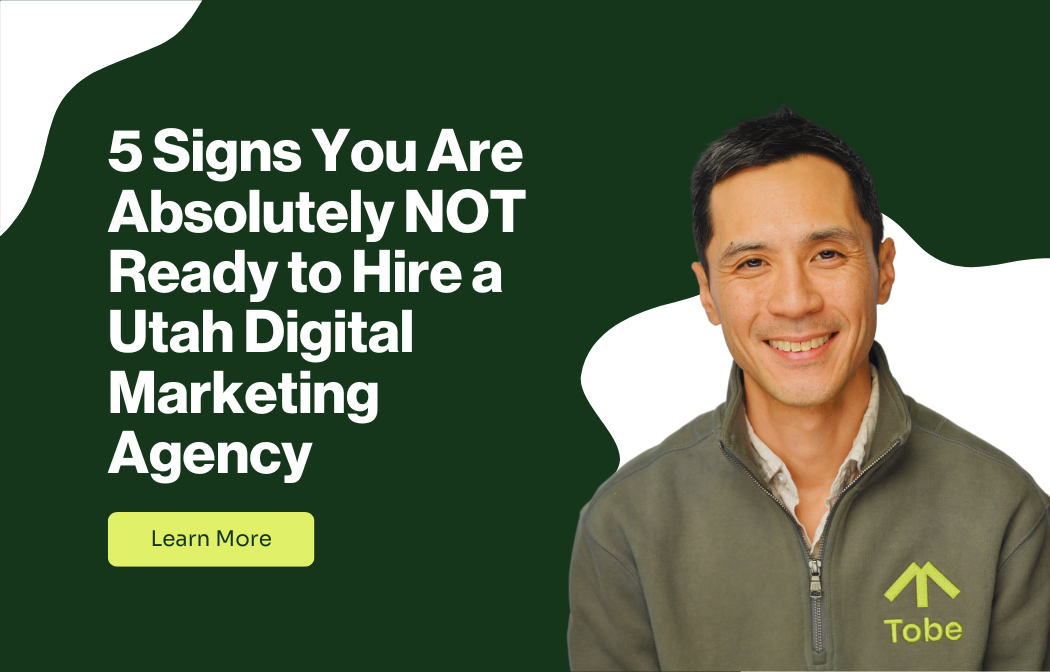When building an online community, one of the most difficult tasks is creating tangible value for your community. In this never ending quest to create value for our community members, I’ve found that hosting events can be one of the best ways to foster meaningful connections amongst your community.
Think about the last conference you went to. Many of us leave these conferences feeling inspired, connected, and generally on that post-conference “high” when we get back to our homes. Conferences are awesome for communities because they bring people together for education, networking, and knowledge sharing.
But, conferences are big, expensive, and hard to pull off events. And as much as I’d love to do conferences for our community members, sometimes this scale of event might be too large of an effort to plan for your community.
If you like the idea of bringing your community together for education, networking, and knowledge sharing there are a few other strategies that you can pursue to help plan events that might add more value to your community. Here are a few considerations when you’re planning an event, either virtual or in real life, for your community.
Pilot a Small, Easy to Manage Virtual Event
Your first event doesn’t need to be a large scale or in real life event. Start with a small event for maybe 10–15 of your community members.
It could be as simple as bringing your CEO to do an AMA (ask me anything) with some of your most engaged community members. It can be done through a Zoom call and you can record the session to share it back with the community after its done.
The point is that if you’ve never done an event for your community, to pilot a small test event to see what it’s like to manage the promotion and logistics around the event. You don’t know what you don’t know when it comes to throwing an event like this, so keep it simple.
Invite Your Most Engaged Community Members to Your First Event
You want your most engaged community members to feel special. You’re also likely going to get the most engagement and feedback from your most engaged community members.
That’s why I’d recommend starting with a small group (again 10–15 max) of your most engaged community members to join your first event. You’ll continue to build loyalty with them and they’ll feel like they’re contributing, at the ground level, to helping build new initiatives within the community.
Even better, you’ll find that many of these engaged community members will likely want to volunteer and help you with future events.
So don’t hesitate to ask reach out directly (make sure you do 1:1 outreach — no email blasts) to your most engaged community members for help — especially as you’re getting your event planning off the ground.
Avoid Events That are too “Work” Focused
A lot of times we’re tempted to create community events that are centered around our product/service. This means we’ll do things like Webinars, Product Overviews, and other types of branded content as events for our community.
But remember, part of being in a community is to make connections and to talk about things that may not necessarily related to your businesses’ product or service. I say all of this because you should be thinking of fun events for your community which may have NOTHING to do with your product or service. You could host a Cooking Class for your community.
You could hire a virtual magician and host a happy hour for your community. You could do a watch party around a piece of content that your community might find interesting. All of these are supposed to be fun, casual, and non-work related events that can bring an entirely new dimension to your community. This encourages people to “hang out” together and to have fun together. In the end it’s OK to have some fun and make our communities a little less serious!
Source Event Ideas from Your Community
If you’re struggling to come up with event ideas, you may want to reach out to your most engaged community members to ask them for ideas. You can even create a “brainstorming” event where you invite your most engaged members to a private sessions where you can all whiteboard new event ideas.
This is a great way to further engage your best community members and they’ll be able to share interesting insights into the types of events that they might find valuable. It’s always best practice to talk to your community, ask questions, and get their feedback — this is just taking that idea to another level. If you are going to have a brainstorming event, I’d keep it small, private, and focused to a very select group of community members.
Test and Iterate Your Event Strategy
It’s best to have the mindset that you’re going to continue to test and iterate your event strategy before you decide to do regular, large-scale events for your community. As I’ve mentioned, it’s best to start with small test groups to start with, get their feedback, and really refine the overall event strategy, as well as all the logistics/operations for the event.
Just like when you launched your community, you likely head a Beta Launch, I would take the same approach to developing regular events for your community. Don’t open up the events to the greater community until you’ve had a chance to test a few smaller events, get feedback, and really figure out what types of events will resonate with your community. The last thing you want to do is throw a large event, announce it to the community, and realize that the event wasn’t valuable.
Wrap-Up
Are you thinking about planning events specifically for your online community? What challenges or roadblocks have you faced on the way to planning these events? I’d love to hear your successes AND failures!
Want to learn more about some of the bigger-picture growth trends that I think entrepreneurs, marketing, product, and sales teams should pay attention to? Check out my monthly podcast Members Welcome (Spotify).
.png)


